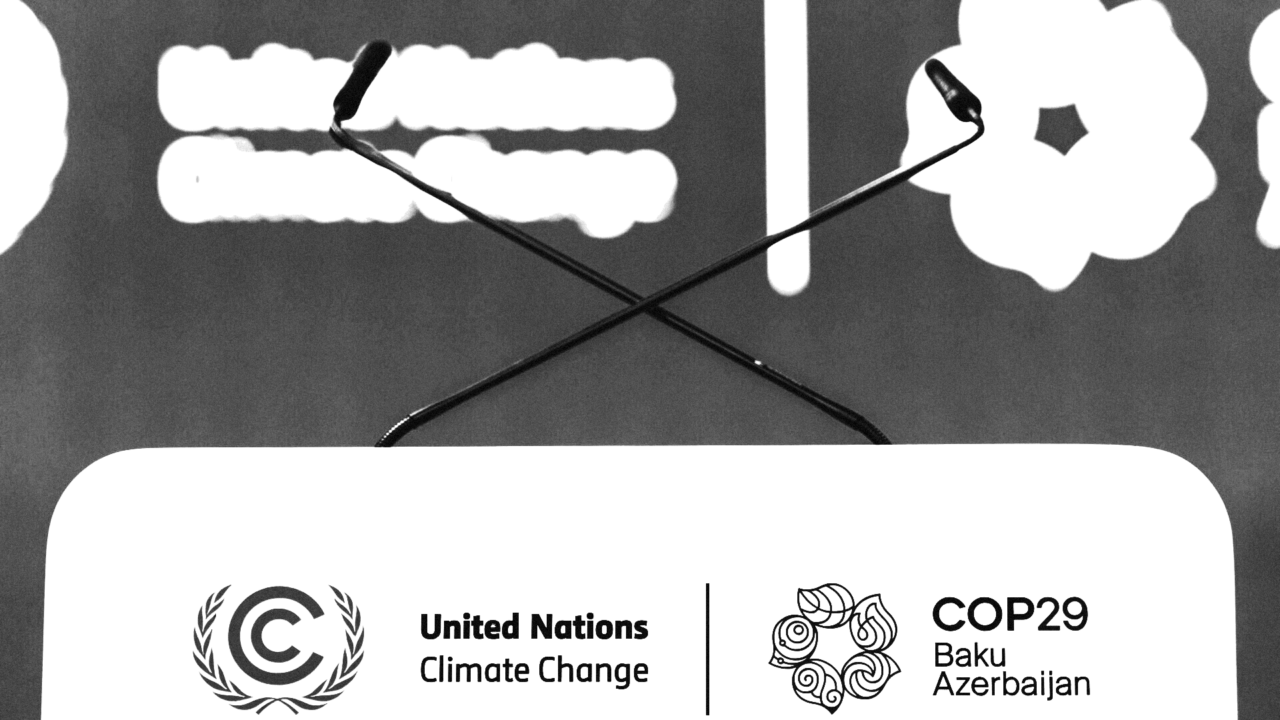The fundamentalist group is attending the summit for the first time since its violent return to power in 2021. Though objections have been raised, poverty-stricken Afghanistan is ranked as one of the most vulnerable countries to the climate crisis and it’s for this reason that hosts in Azerbaijan extended the invitation.
In 2021, the world watched in horror as the Taliban, taking advantage of America’s withdrawal from the region, seized power in Afghanistan.
Triggering concerns that this would signify the country’s return to its profoundly repressive past, one entirely absent of basic women’s rights, female citizens began to once again dread confinement indoors, deprivation of agency, and violent control measures.
This was commonplace between 1996 and 2001, a five year period that saw women forbidden from seeking employment and girls from attending school, all of them obliged to wear a full face and body covering and be accompanied by a male chaperone if they wanted to venture out of their homes.
In the time since, millions of girls have received an education and women have been granted a range of new societal opportunities.
After two decades of relative autonomy, however, these gains – touted as one of the most noteworthy humanitarian accomplishments in modern history – were elapsed, and the dreams of an entire generation of Afghan women raised alongside a hope they could eventually live within a fair democratic state were quashed before the Taliban’s relentless advance.
Today, the curtailing of their freedoms continues, most recently in the form of the Virtue and Vice law – which forbids women from making eye contact with men outside their family or spouse, speaking loudly, or singing – and another, bizarre legislation that prohibits women from hearing other women’s voices.
With this in mind, it’s no surprise international outrage has been sparked by news that the Taliban are attending COP29.
Though they do not have official recognition as the legitimate ruler of Afghanistan, the country’s foreign ministry has sent a delegation to the annual summit, on an invite from hosts in Azerbaijan who took into consideration that poverty-stricken Afghanistan is ranked as being highly vulnerable to the climate crisis.




















